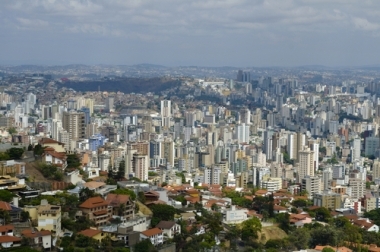THE urban reform it is a social planning policy designed to democratize the right to the city. Its platform of action is to readjust the space in cities that is not used or that is used in a precarious way and, in these places, provide the construction of housing or public social spaces, which would have the function of meeting demands such as leisure, culture, health, education and others.
This proposal starts from the construction of criticisms that accuse the current capitalist system of transforming space into a commodity and, therefore, make their access to the less wealthy classes unfair, which contributes to the spread of problems such as slums and segregation urban. Therefore, it is believed that it is necessary to rethink the national urban policy, containing the disorderly growth of cities and providing greater and better use of idle spaces.
Urban reform makes up the calls basic reforms, which would be structural changes that, in theory, would significantly improve the quality of life and contribute to the expansion of income distribution. Among other basic reforms, there are agrarian, political, educational, tax and university reforms.
Among the main objectives and action strategies of an urban reform policy, we can list:
Do not stop now... There's more after the advertising ;)
a) containment of real estate speculation;
b) fight “urban latifundia” (large unused or idle properties), through the implementation of taxes and fines;
c) combat the spread of vacant lots in densely populated areas;
d) curb the disorderly growth of cities, prohibiting or controlling the number of approvals for housing subdivisions, especially those located in areas far from large cities urban;
e) democratize the public actions of investments in infrastructure that privilege only the prime areas of cities, so that they also carry out transformations in the cities' needy spaces.
Under these premises, social movements believe in improving living conditions within cities. Among these social movements, the National Forum for Urban Reform, the National Movement for Urban Reform and Mnational movement Struggle for Housing (MNLM). These movements aim to implement measures and laws that speed up and facilitate the execution of urban reform throughout the country.
Regarding the difficulties in carrying out this reform, these movements accuse the government and the high degree of influence of the ruling classes, who seek to derail its practice in order to obtain economic advantages from speculation real estate.
By Rodolfo Alves Pena
Graduated in Geography
Would you like to reference this text in a school or academic work? Look:
PENA, Rodolfo F. Alves. "Urban Reform"; Brazil School. Available in: https://brasilescola.uol.com.br/geografia/reforma-urbana.htm. Accessed on June 27, 2021.

